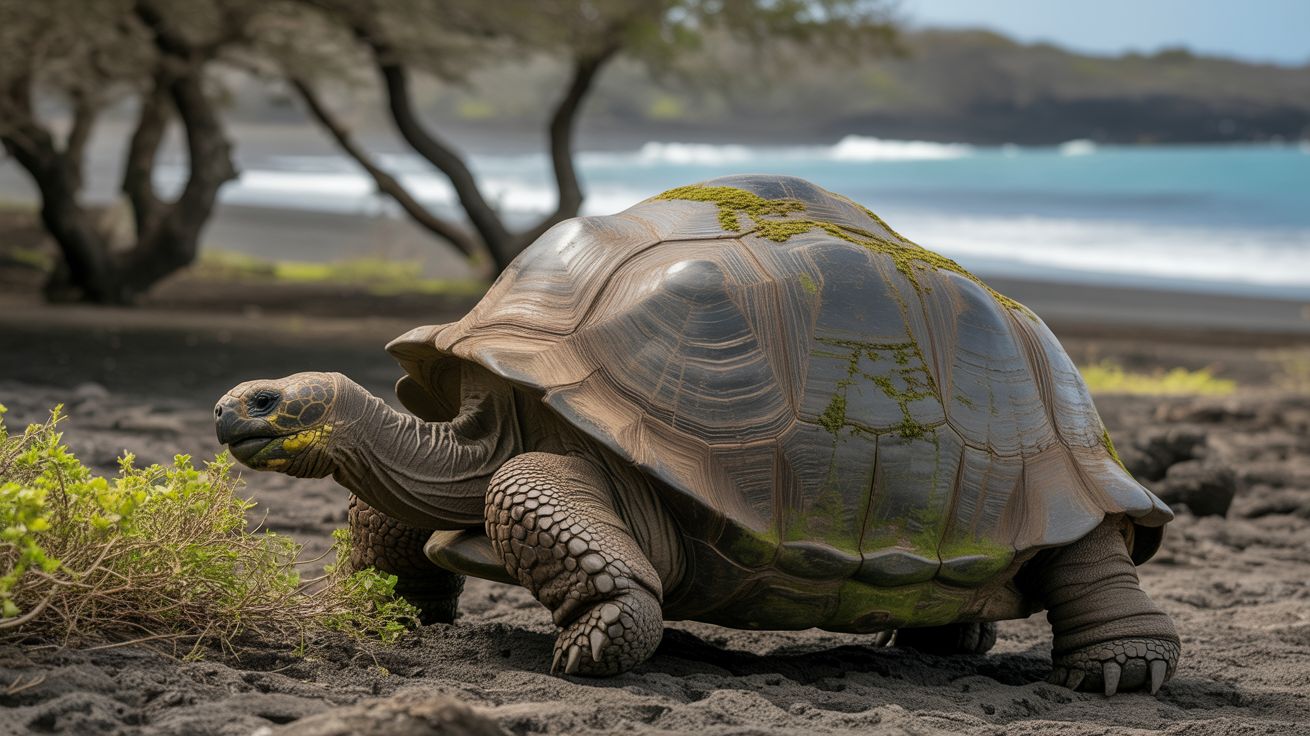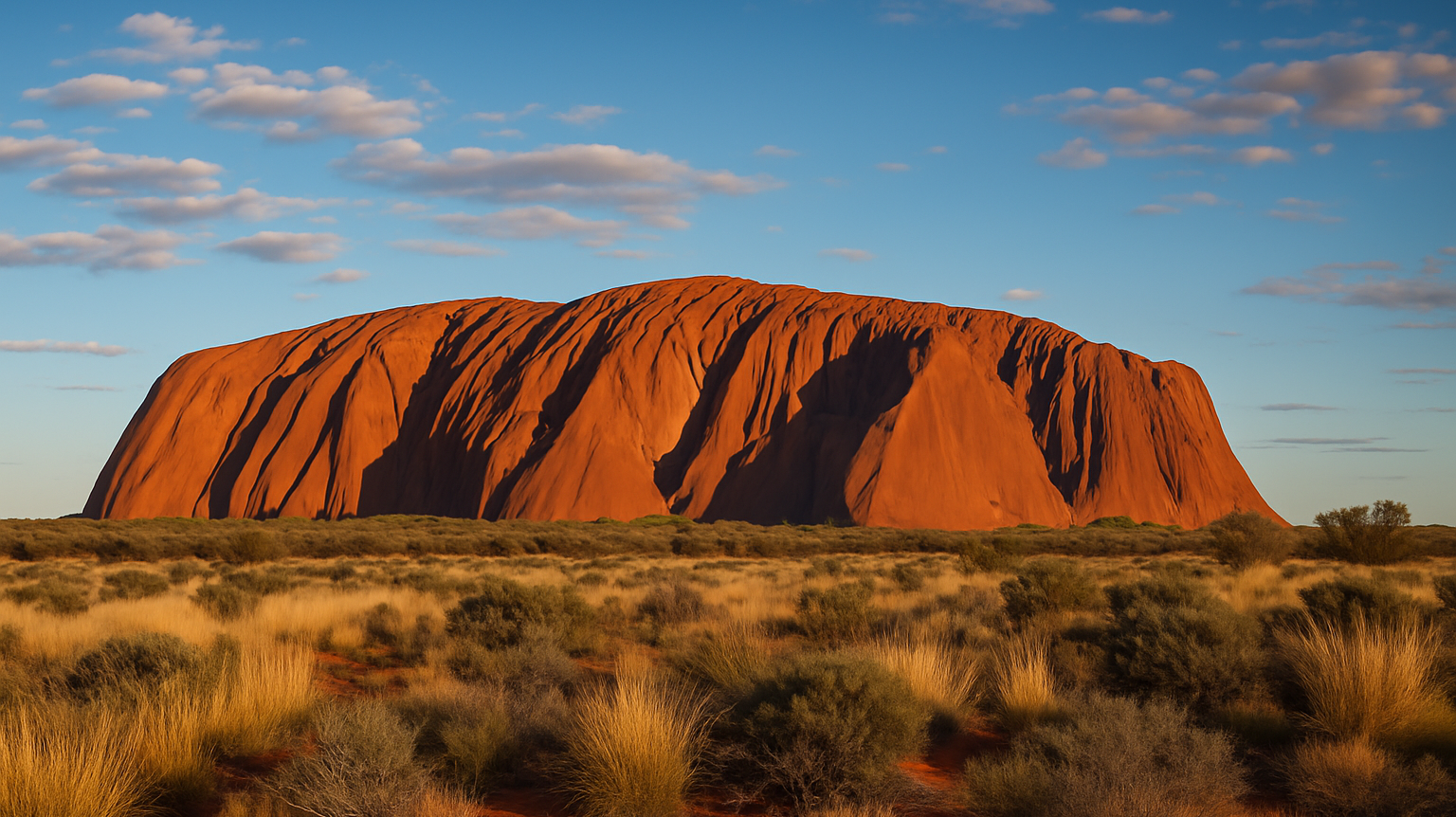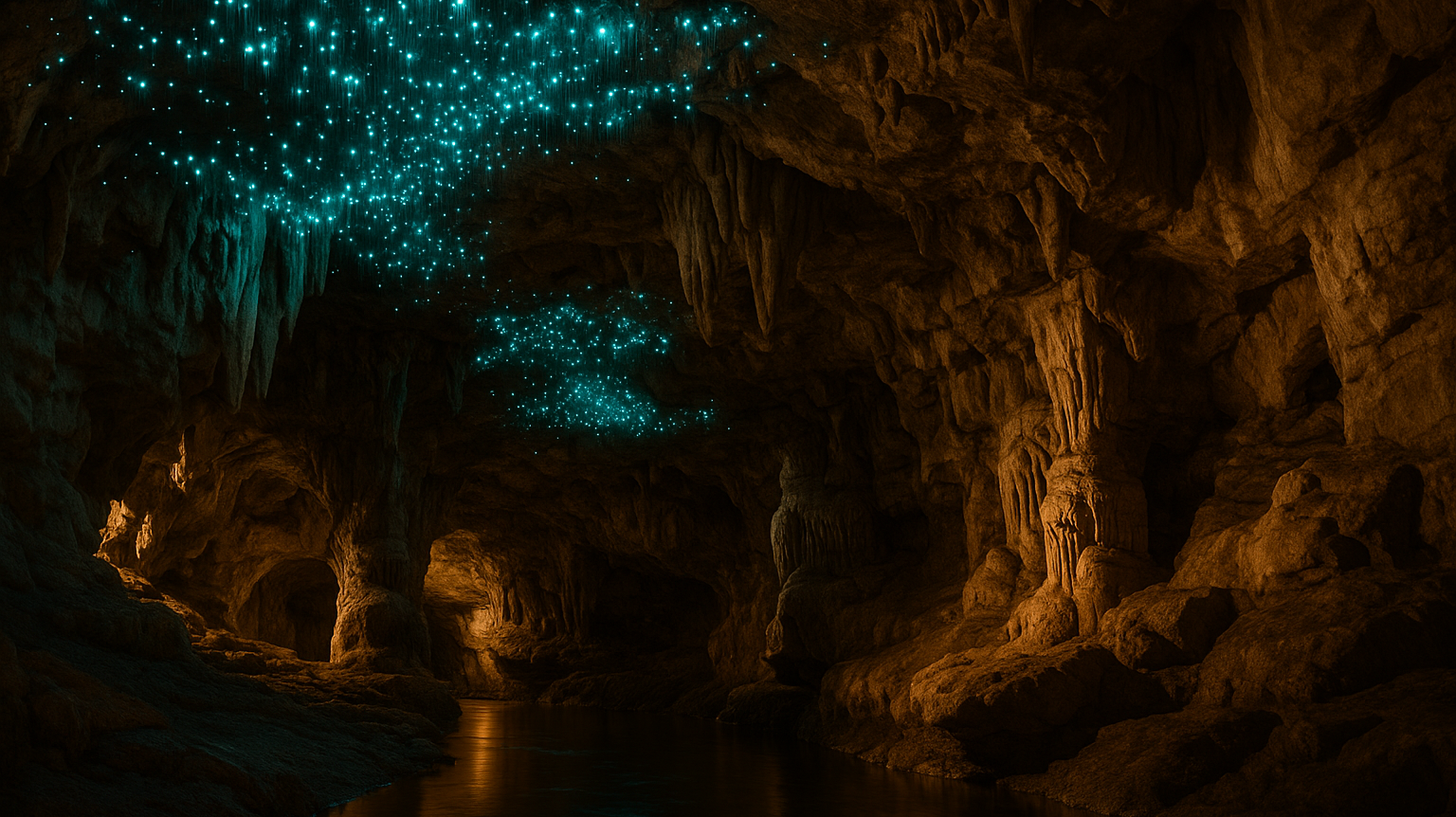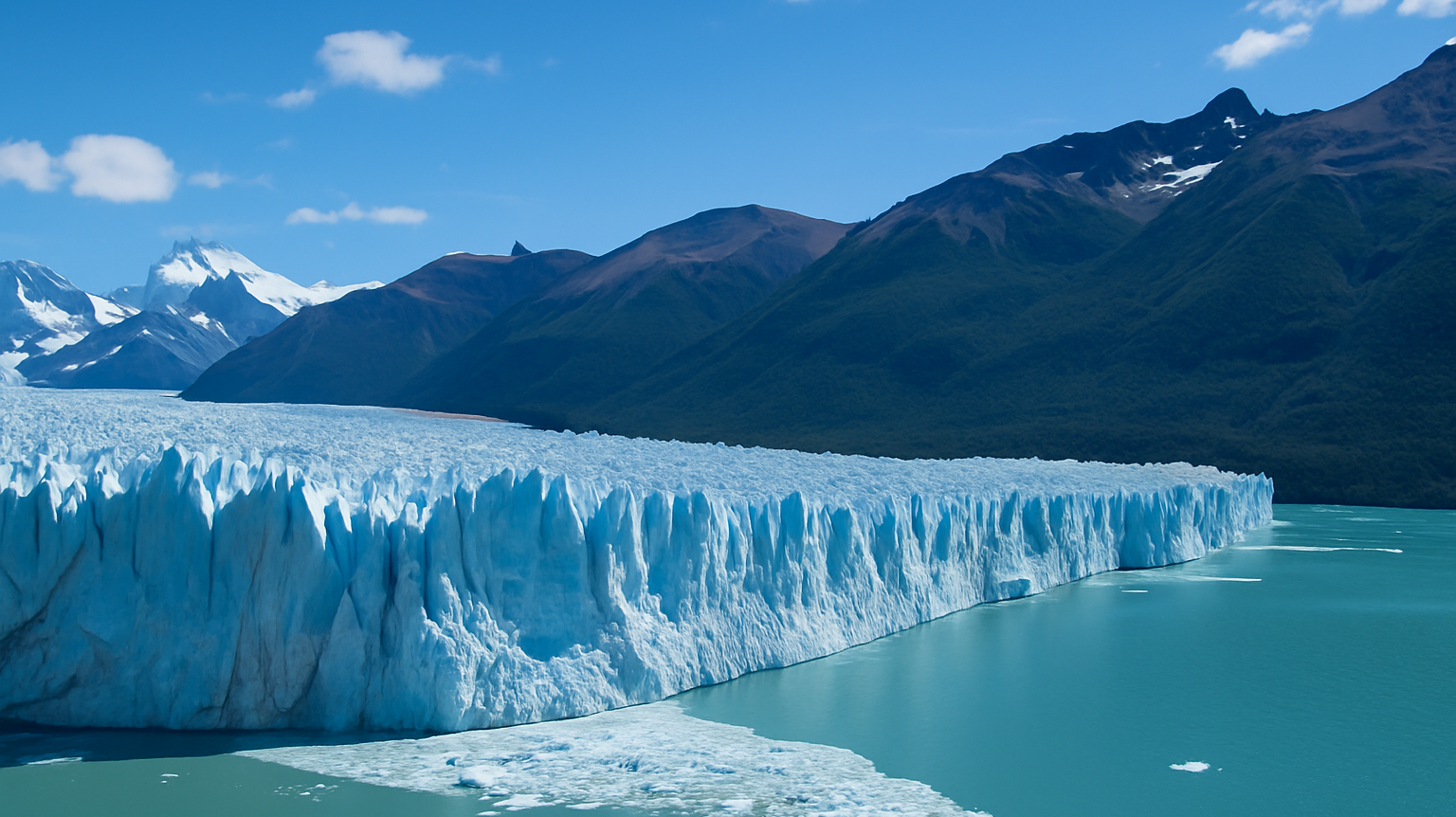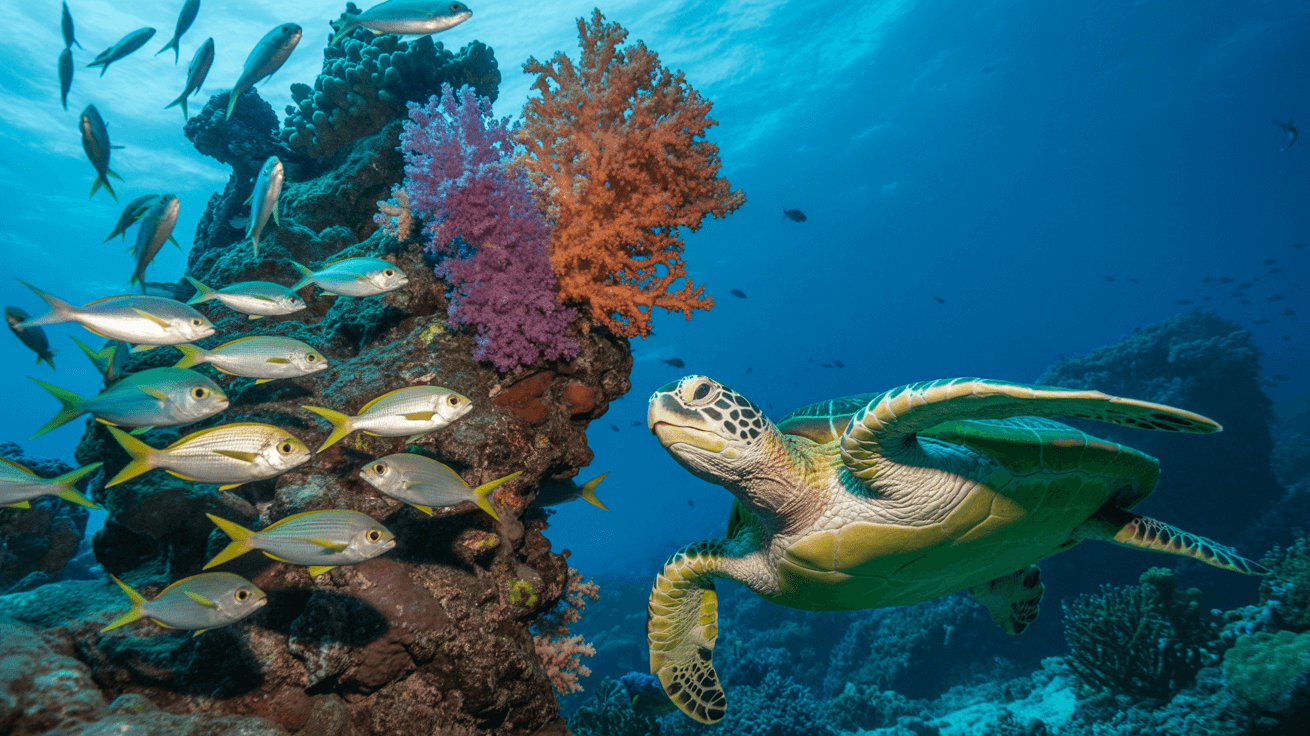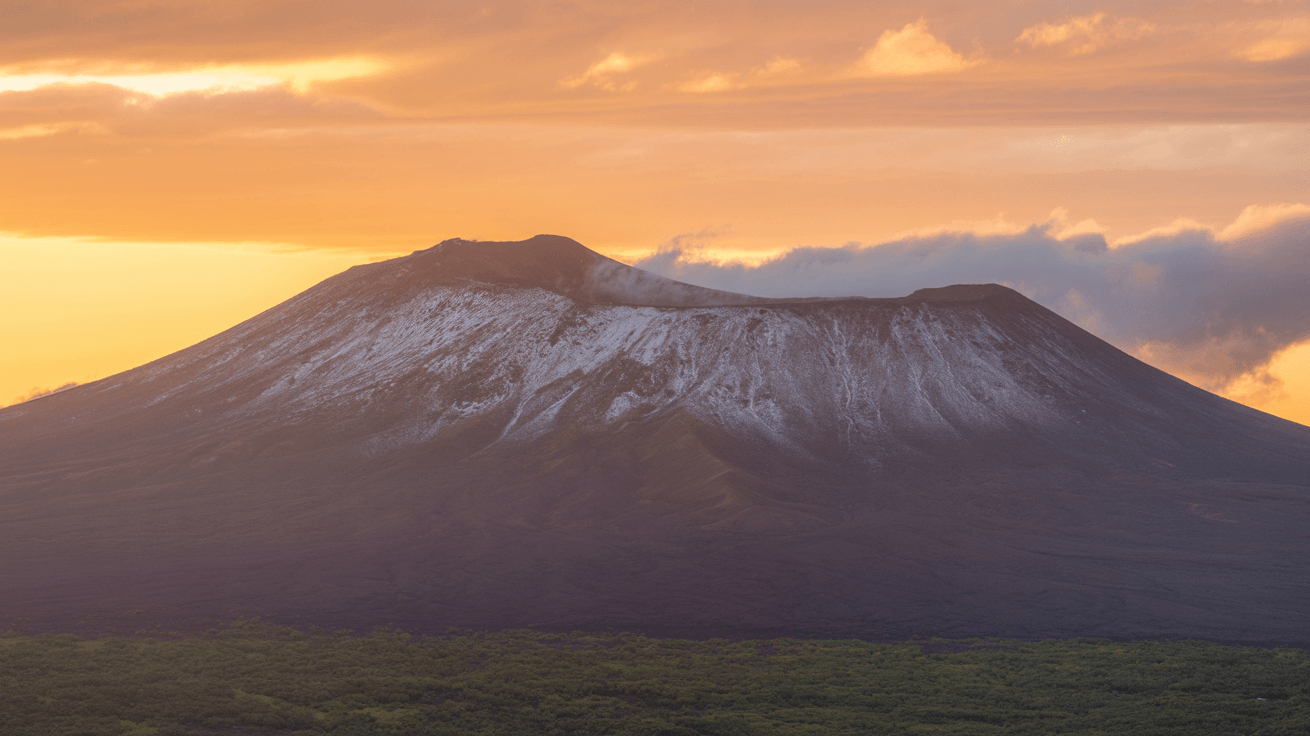Experience the wonder of God’s creation through the Galápagos Islands—volcanic beauty, unique wildlife, and divine design in South America.
The Galápagos Islands are a wondrous chain of volcanic islands in the Pacific Ocean. They belong to the country of Ecuador, off the west coast of South America. They lie roughly 600 miles (≈ 966 km) west of Ecuador’s mainland.
These islands are one of God’s masterpieces. They show His power, beauty, and purpose in creation. When we look at their landscapes, their animals, and their seas, we see His fingerprints everywhere.
Location & Formation: Earth’s Canvas
- The Galápagos archipelago is made up of 19 larger islands, plus many smaller islets and rocks.
- The islands were formed by volcanic activity on the ocean floor.
- Some islands are quite young in geological time. For example, Fernandina Island is one of the youngest and still volcanically active.
- Isabela Island, the largest, is formed from the merging of six volcanoes.
God shaped the land with dynamic forces. The ever-changing earth reveals His strength:
For he beholdeth the ends of the earth, and seeth everything under the heavens. — Psalm 33:13-14
When we see volcanic craters, lava flows, and rugged cliffs, we see that God’s creation is alive and moving.
A Natural Sanctuary: Protection & Purpose
- About 97% of the land area is designated Galápagos National Park.
- The remaining land hosts small human settlements on only a few islands.
- The park was officially established in 1959, and it is Ecuador’s first national park.
- The archipelago is a UNESCO World Heritage Site.
This protection shows a purpose in God’s design. He didn’t leave His creation to ruin. Humans are called to care for it:
The Lord God took the man, and put him into the garden of Eden to dress it and to keep it. — Genesis 2:15
The Galápagos is a living garden that He is still “dressing and keeping” through conservation.
Biodiversity: Creatures Only God Could Dream
One of the most astounding features is how many species are endemic—found nowhere else on Earth.
Examples of Unique Wildlife
- Marine iguanas: The only lizards that swim and eat seaweed in the ocean.
- Giant tortoises: Living many decades; some live over 100 years.
- Galápagos penguin: The only penguin species that lives north of the equator in the wild.
- Swallow-tailed gulls: The only gulls in the world that feed at night.
- Over 400 species of fish live around the islands; many are endemic.
- Dozens of reptiles, mollusks, birds, insects—all uniquely adapted.
This richness shows God’s creativity:
O Lord, how manifold are thy works! in wisdom hast thou made them all: the earth is full of thy riches. — Psalm 104:24
Landscape & Scenery: Beauty Beyond Words
When you stand on a volcanic shore and look out at turquoise sea, or gaze at a crater rim with cacti and lava rock, you see God’s hand in design.
- Volcanoes and lava fields: Rugged rock patterns, craters, and black lava contrasted with blue sea.
- Cliffs and coastal edges: Birds nest on cliffs, waves crash on lava edges.
- Mangroves, rocky shores, and coral reefs along the coastline.
- Changing seas and tides: The ocean around Galápagos is alive, shifting with currents.
He sendeth the springs into the valleys, which run among the hills. — Psalm 104:10
In the Galápagos, water meets land in dramatic, living ways.
God’s Power in Motion: Earth That Still Heals
- Volcanoes still erupt, creating new land. For example, La Cumbre on Fernandina recently erupted.
- Islands slowly shift as the tectonic plate moves.
- Erosion and sea currents reshape beaches and rocks over time.
This ongoing change shows that God isn’t a distant Creator but active in sustaining His work:
Thou art the same, and thy years shall have no end. — Hebrews 1:12
Even as the land changes, God’s purpose remains unchanging.
A Lesson in Dependence & Stewardship
When we read Scripture and see creation, it calls us to respect and steward what God made.
What the Galápagos Remind Us
- Humility: We are small before God’s works.
- Wonder: The tiny details of life point to Him.
- Duty: To care for His creation.
The earth is the Lord’s, and the fullness thereof; the world, and they that dwell therein. — Psalm 24:1
Because the Galápagos belongs to Him, we are caretakers, not owners.
Quick At-a-Glance: Why the Galápagos Is a Natural Wonder
| Feature | Why It Reflects God’s Glory |
|---|---|
| Remote isolation | Highlights His design beyond human influence |
| Volcanic land formation | Shows dynamic power and creativity |
| High endemism (unique species) | Reveals His precision in creation |
| Protected status (97% National Park) | Demonstrates purpose and care |
| Active geology & eruptions | Proclaims God’s ongoing presence |
| Marine & land diversity | Displays richness and balance |
| Beautiful landscapes | Speaks to aesthetic and order |
| Changing over time | Emphasizes God as sustainer |
Real-Life Example: The Tortoise & the Island
Imagine a giant tortoise slowly walking across scorched lava rock, pausing by a cactus, then dipping its head to drink from a small pool. Such a slow, deliberate creature seems out of place in harsh terrain—but it thrives.
That tortoise shows how God prepares places even for the most unlikely creatures. He gives them what they need, even in unexpected places. We see purpose in seeming oddities.
How the Galápagos Speaks to Us Spiritually
- Trust in God’s design — Sometimes life feels like rugged lava, but God has molded our path too.
- Beauty in the unexpected — A desert plant, a sea iguana, a bird on a cliff—He delights in variety.
- Responsibility — We must protect what He made.
- Wonder leads to worship — As we gaze at a volcanic crater, we are drawn to worship the Creator.


